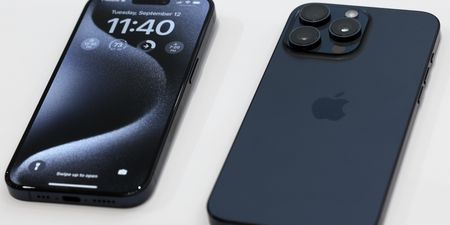By the click of a mouse, you will be able to sniff out a rat.
Online fraud has become a lot more prominent in the last few years which has made it easier for fraudsters to hide behind a screen to complete their crimes.
However, that might be about to change as Italian researchers have found a way to suss out frauds and other liars online with a range of different questions, according to Science magazine.
A lie detector test usually includes face-to-face interviews with polygraphs measuring heart rates and monitoring other actions such as your sweat patterns.
These clever Italians have invented a computer-based test that measures reaction time in response to a mixture of personal information.
According to the magazine, they asked 20 volunteers to memorise the details of a fake identity and assume it as their own. The subjects then answered a set of yes-or-no questions using a computer, as did 20 truth-telling volunteers.
Questions included things like: “Is Giulia your name?” and “Were you born in 1995?” Researchers recorded each answer and measured how the subjects’ mouse cursors moved, from the bottom middle of the screen to “yes” and “no” buttons in the top two corners.
Researchers recorded each answer and measured how the subjects’ mouse cursors moved, from the bottom middle of the screen to “yes” and “no” buttons in the top two corners.
However, online fraudsters can be as good at telling lies as we are at telling the truth so the Italian researchers decided to mix up proceedings by throwing in rather unorthodox questions.
For example, they asked about the person’s zodiac sign or facts about the place where they say they come from in the hope that their time response would be slow, thus coming to the conclusion that it was most likely not the person in question but an actual fraudster instead.
The computers were able to successfully pick out the liars 90% to 95% of the time with the lowest score from the experiment being 77.5%, meaning almost eight out of ten fibbers were found out.
The study can be found in full here.
LISTEN: You Must Be Jokin’ with Conor Sketches | Tiger Woods loves Ger Loughnane and cosplaying as Charles LeClerc



















































